Bethel, Maine: A Historic Gem in the Western Mountains
A Glimpse into the Past: From Abenaki Homeland to Modern Village
Long before European settlement, the fertile lands along the Androscoggin River were home to generations of Abenaki Indians. Their main village was located on the north bank of the river, west of the current Riverside Cemetery. Notable figures like Molly Ockett, who died in 1816, are part of this early history.
European settlement began in 1774, following a 1768 land grant from the Commonwealth of Massachusetts to veterans of a 1690 campaign in Canada. The area was initially named "Sudbury Canada" in their honor. The American War for Independence slowed development, with only ten families residing there during "New England's Last Indian Raid" in 1781, which saw two inhabitants abducted.
Following the war, a rapid influx of settlers from Massachusetts and New Hampshire led to the town's incorporation in 1796 under the new name "Bethel," meaning "House of God" from the Book of Genesis. Early inhabitants primarily focused on farming and timber cutting, utilizing the rich intervales along the river. This led to the development of several distinct villages within the town, including Bethel Hill, West Bethel, and East Bethel.
The arrival of the Atlantic and St. Lawrence Railroad in 1851 was a turning point, connecting Bethel to Portland and Montreal. This spurred manufacturing and tourism. Bethel quickly became a popular summer resort, with large hotels catering to visitors seeking mountain views and fresh air. The town also gained recognition as an educational hub, with Gould Academy, founded in 1836, becoming a premier college-preparatory school. In the late 19th century, Dr. John George Gehring's pioneering clinic for nervous disorders further cemented Bethel's reputation.
Culturally, Bethel benefited from the efforts of William Rogers Chapman, founder of the Maine Music Festival in 1897, who brought renowned vocalists to the town. Famous individuals like Alexander Graham Bell also had connections to Bethel.
Bethel Today: A Thriving Community and Outdoor Haven
Today, Bethel remains a beautiful mountain village, balancing its historical charm with a dynamic present. While agriculture and forest-related activities continue to be important, the town's economy is strongly driven by tourism and outdoor recreation.
Key aspects of Bethel in the present day include:
- Outdoor Recreation: Bethel is a year-round destination, renowned for its proximity to Sunday River Ski Resort and Mount Abram, offering exceptional skiing and snowboarding in winter. In warmer months, hiking, mountain biking, canoeing, kayaking, and fishing are popular activities. The White Mountain National Forest and Grafton Notch State Park are at its doorstep, providing abundant opportunities for outdoor enthusiasts.
- Cultural and Historical Significance: The Museums of the Bethel Historical Society offer a deep dive into the town's past, including the Dr. Moses Mason House with its famous murals. The historic village itself is known for its well-maintained homes and walkable downtown.
- Education: Gould Academy continues to be a prominent educational institution.
- Community and Events: Bethel hosts a variety of events throughout the year, from live music and farmer's markets to outdoor adventure days and community suppers. The Bethel Area Chamber of Commerce actively promotes local events and businesses.
- Population and Economy: Bethel (the CDP, not the entire town) has a 2025 population estimated around 701, with an annual growth rate of approximately 7.19%. The average household income is reported to be around $90,176, though there's also a poverty rate of about 17.22%.
Bethel is often considered a "ski town" due to its world-class resorts, but it offers far more, from its rich Abenaki and colonial history to its vibrant arts scene and year-round outdoor adventures. It truly lives up to its historical reputation as a place of natural beauty and community spirit.

